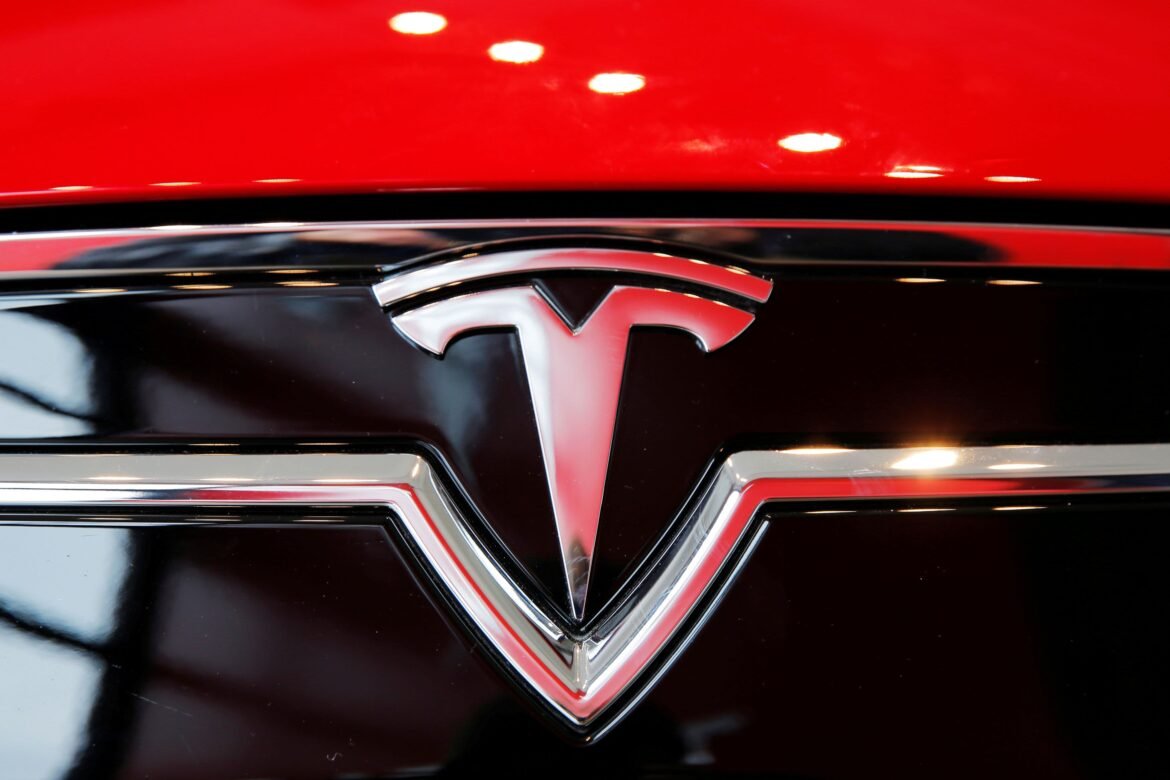US authorities are investigating the safety features of self-driving Tesla cars, according to an announcement made by the National Highway Traffic Safety Administration (NHTSA) on Friday. The probe, which covers around 2.4 million Tesla vehicles manufactured between 2016 and 2024, is focused on evaluating the automaker’s “Full Self-Driving” (FSD) software. This investigation marks a significant step by the U.S. road safety regulator, potentially leading to a recall of Tesla’s self-driving models if safety concerns are substantiated.
The NHTSA’s preliminary investigation comes after multiple incidents involving Tesla vehicles equipped with the FSD feature. Among the reported crashes were cases involving reduced visibility on the road, such as fog or sun glare. One crash led to a fatality, while another resulted in injuries, raising questions about the effectiveness of Tesla’s self-driving technology.
Details of the Investigation
US authorities are investigating the safety features of self-driving Tesla cars to determine whether the FSD system can adequately detect and respond to challenging driving conditions, such as low visibility. The NHTSA is specifically examining four incidents involving the FSD software. In one case, a Tesla vehicle struck a pedestrian fatally, while another accident caused injuries, both of which occurred under conditions where visibility was impaired.
The investigation aims to establish whether Tesla’s self-driving system is capable of adapting to different road environments, particularly those where visibility is reduced. In its announcement, the NHTSA clarified that despite its name, Tesla’s “Full Self-Driving” system is only a “partial driving automation system” and still requires active driver oversight. The findings of this investigation could lead to a recall if significant safety flaws are identified, a move that would have major implications for Tesla.
Tesla’s Response and Market Impact
Tesla has not issued an official response to the NHTSA investigation as of Friday. The company, led by tech entrepreneur Elon Musk, has long promoted its self-driving technology as a game-changer for the automotive industry. However, the company’s autonomous driving systems have faced scrutiny and criticism in the past, with some arguing that Tesla’s marketing of the FSD feature overstates its capabilities.
Despite the ongoing probe, Tesla’s stock remained relatively stable following the NHTSA’s announcement. However, the company’s stock price dropped by 8% last week after the unveiling of the Tesla Cybercab, an autonomous robotaxi concept without steering wheels or pedals. The futuristic vehicle, introduced during a high-profile event at Warner Bros. studio in California, failed to impress many analysts and investors, contributing to the decline in stock value.
Technical Differences with Competitors
The NHTSA’s investigation into the safety features of self-driving Tesla cars also shines a light on the differences between Tesla’s approach to autonomous driving and that of its competitors. Tesla’s self-driving technology primarily relies on a combination of cameras and artificial intelligence (AI) to navigate the road. This is in contrast to other self-driving ventures, like Waymo, owned by Google-parent Alphabet, which use a more advanced sensor array that includes Lidar and radar in addition to cameras.
Elon Musk has defended Tesla’s cost-effective approach, arguing that cameras and AI are sufficient to develop safe autonomous driving systems. Critics, however, argue that the absence of Lidar and radar could make Tesla vehicles less reliable in certain situations, particularly when visibility is compromised. The current investigation will be crucial in assessing whether Tesla’s system is adequately equipped to handle complex driving conditions, or if the reliance on AI alone poses safety risks.
Future of Self-Driving Technology
As US authorities investigate the safety features of self-driving Tesla cars, the outcome of this probe could have wide-ranging implications for the future of autonomous driving. A recall or mandatory safety changes to the FSD system would not only impact Tesla but could also set a precedent for how self-driving technology is regulated across the industry.
The NHTSA’s scrutiny comes at a critical time for Tesla, as Elon Musk continues to push forward with ambitious plans for the company’s fully autonomous vehicles. Musk has promised that Tesla’s robotaxi, expected to be available by 2027, will operate entirely without human input. However, safety concerns surrounding the FSD software and investigations like this one could slow the progress of Tesla’s autonomous driving program.
Conclusion
US authorities are investigating the safety features of self-driving Tesla cars in an effort to determine whether Tesla’s FSD software can effectively manage real-world driving conditions, particularly those with reduced visibility. The NHTSA’s probe is a significant step toward ensuring the safety of autonomous vehicles on American roads. As the investigation progresses, it could lead to a recall of Tesla vehicles or mandate improvements in Tesla’s self-driving systems.
While Tesla remains at the forefront of the electric and autonomous driving industry, the results of this investigation will be closely watched by regulators, competitors, and the public. As the debate over the future of self-driving technology intensifies, ensuring the safety of these vehicles will be a top priority for all stakeholders involved.
Stay connected to know more on arcnews.online for global news like US Authorities Are Investigating the Safety Features of Self-Driving Tesla Cars. For videos updates visit our YouTube. Do subscribe to Arcnews to get latest updates directly in your mail box.
Have A Great Day.


